Current estimates indicate that over 1/10 people suffer from needle-phobia. In addition, the US alone is spending billions of dollars every year treating accidental needle-stick injuries amongst medical professionals. Thus, the motivation to progress toward a needle-free environment is self-evident. Our work in this area is focused on understanding the hydrodynamic performance of the jets used in needle-free jet injection devices. In particular, we are focused on delivery of high-viscosity fluids and nucleic acid vaccines. Previous and current collaborators include: Inovio Pharmaceuticals, Nova XS Biotech, Rheotek Medical LLC.
 |
|---|
 |
 |
 |
 |
 |
For more information, Click
Ophthalmic drug delivery
Glaucoma, bulging eyes, ocular hypertension, and diabetic macular edema are common examples of eye diseases affecting millions of people worldwide. These conditions are often treated with ointments and solutions delivered to the front-of-the-eye (FOTE), accounting for nearly 90% of the US ophthalmic drug market. However, there are several challenges related to FOTE delivery, such as overcoming the blink reflex, avoiding fast drainage, and overdosing. In addition, polymers are frequently added to improve adhesion, yielding both viscous and non-Newtonian solutions, yet the role of rheological properties is a poorly understood factor in this field. Our goal is therefore to provide a broad understanding of the fluid dynamics and role of rheology in drug delivery to the human eye.
For more information, Click

Spreading of water on dry sphere

Spreading of dyed water on acrylic (L) dry and (R) wet eye ball


Spreading of (L) 60% glycerol and (R) 80% glycerol on wet acrylic balls
Particle-laden interfaces (PLIs) are ubiquitous in nature and industry, being used in applications such as pickering emulsions and mineral separations. Particle-coated droplets, a.k.a. “liquid marbles”, are a specific class of PLIs which allow encapsulation and movement of small discrete volumes. Understanding the interplay between the particle shell meso-structure and fluid and external forces is crucial to maintaining integrity. We use high-speed video imaging and simple analytical arguments to understand the dynamics of liquid marbles. This fundamental work is important for the current wide range of novel applications of liquid marbles.
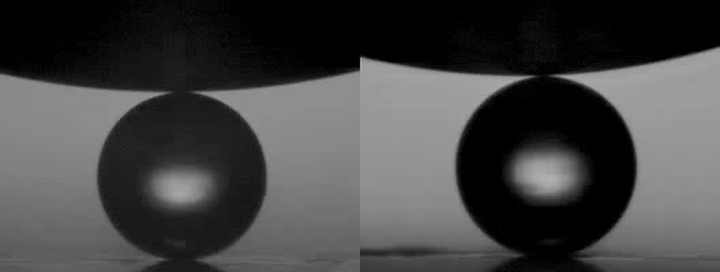 |
|---|
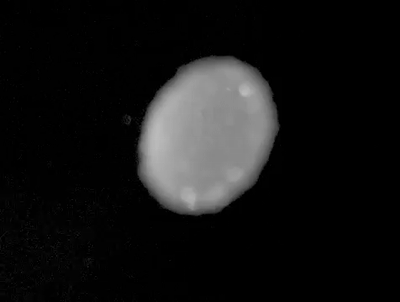 |
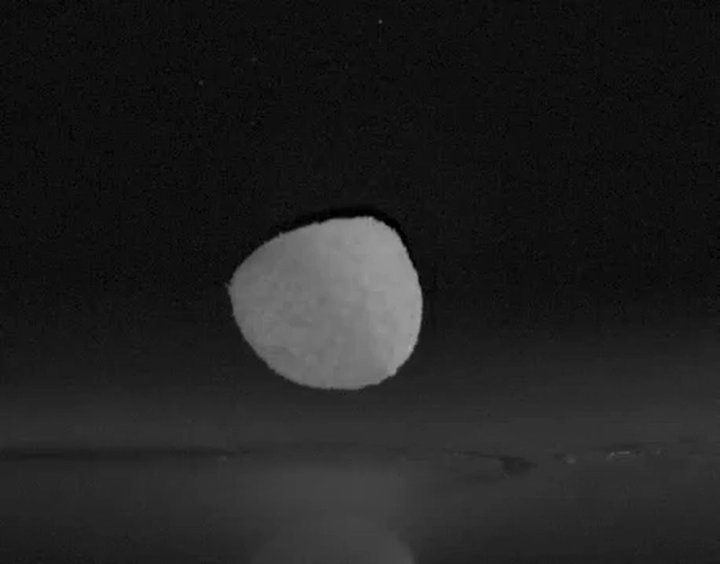 |
 |
For more information, Click
The result of a pulsed laser focused down to a very small volume can be quite dramatic. The concentration of light energy is rapidly transformed into kinetic energy when the target is the bulk of a liquid or a liquid interface. This fundamental research has potential applications to needle-free injections.
For more information, Click
 |
|---|
 |
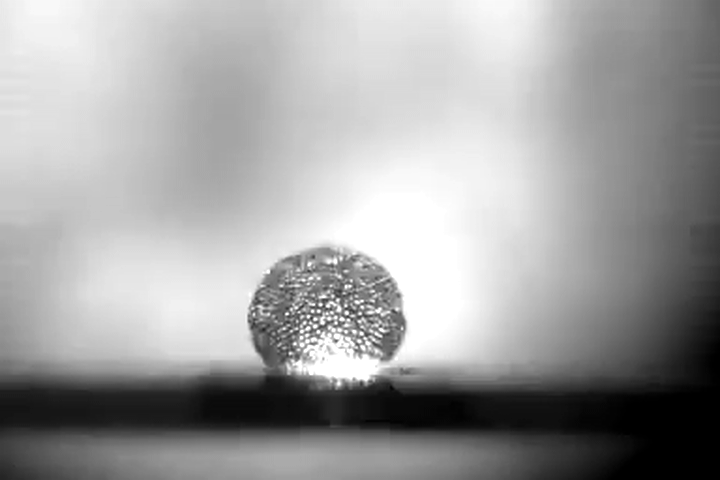 |
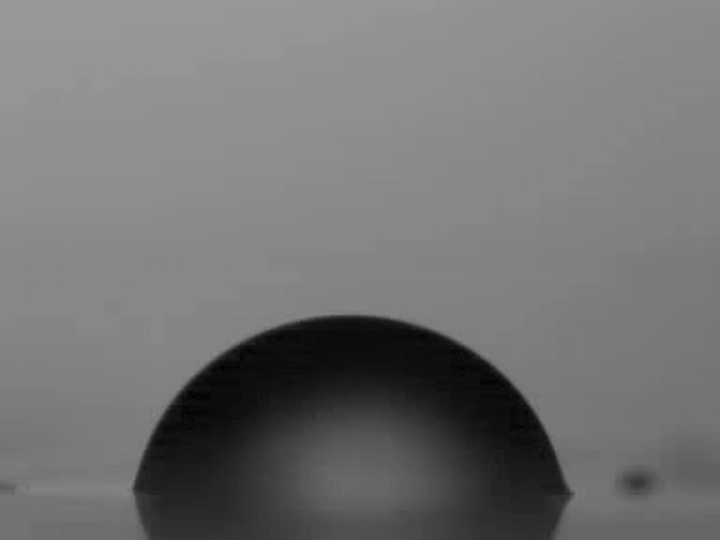 |
 |
Water entry is a classical fluid dynamics phenomenon that has been studied since the pioneering experiments of Worthington & Cole (c. 1897). With applications to entry of missiles and water-walking creatures, this topic is still revealing truly fascinating features that so far elude a proper theoretical description. A great example of this is the buckling instability.
 |
|---|
 |
For more information, Click
Identifying the primary contributors to indoor air pollution is paramount. Humans typically spend up to 90% of their time in indoor environments. In addition, homes are becoming increasingly air-tight to improve energy efficiency. The result is that indoor air pollution and poor/unregulated ventilation could be damaging human health. We have found that liquid aerosols from everyday cooktop activities can be in the respirable range and our work here is focused on identifying the underlying mechanisms at play in aerosol generation from cooking activities.
For more information, Click
 |
|---|
 |
Liquid marble crushing
Impact onto granular materials has been a central theme of many studies attempting to reveal the rich dynamics of crater formation ever since Galileo first observed that the lunar surface is rough. Studies in this fundamentally important area have focused on penetration depth of a projectile below the surface and the truly fluid-like behavior that can be displayed, such as ejectas and jets. Our work in this area is now focusing on resolving several unanswered questions concerning the role of composition (e.g. dry vs. wet and single-size vs. multi-modal materials).
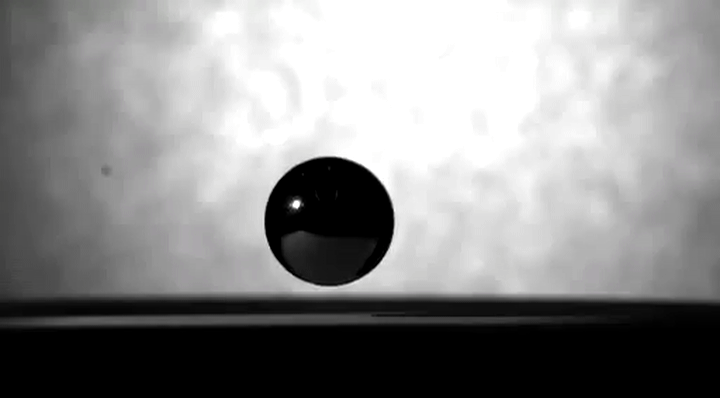 |
|---|
 |
For more information, Click
Funding



